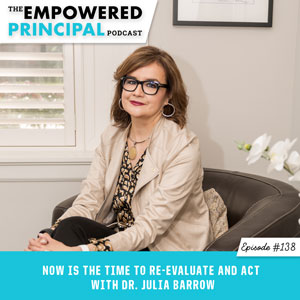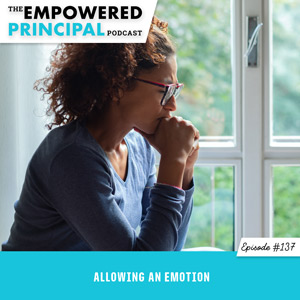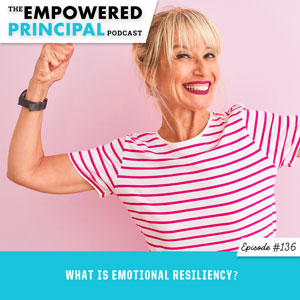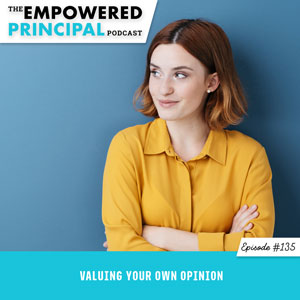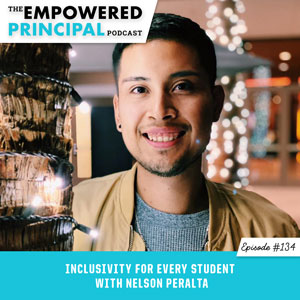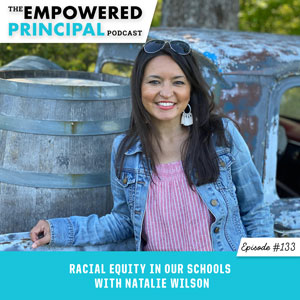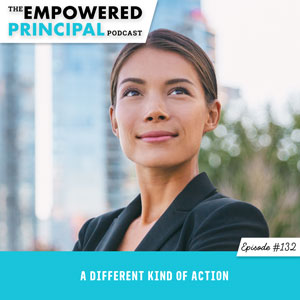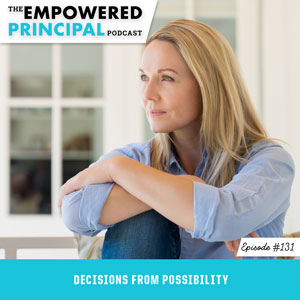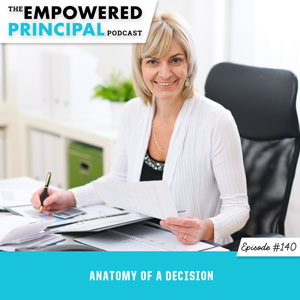
Over the month of September, we’ll be discussing the power of decisions. As school leaders, you are all the ultimate middle manager, caught between the two worlds of teaching and upper admin. Decision making can be so challenging when you’re in this no man’s land where you’re feeling isolated, fearful, and worried, so today, I’m breaking down the anatomy of a decision to help you understand how to make empowered decisions.
We all know the urge to take lots of action whenever an uncomfortable feeling arises. I often see principals getting stuck in a cycle of seeking the temporary relief a decision gives them, and then feeling those negative emotions again when a new situation is presented. But the solution is simple, and I’m sharing it all with you here.


